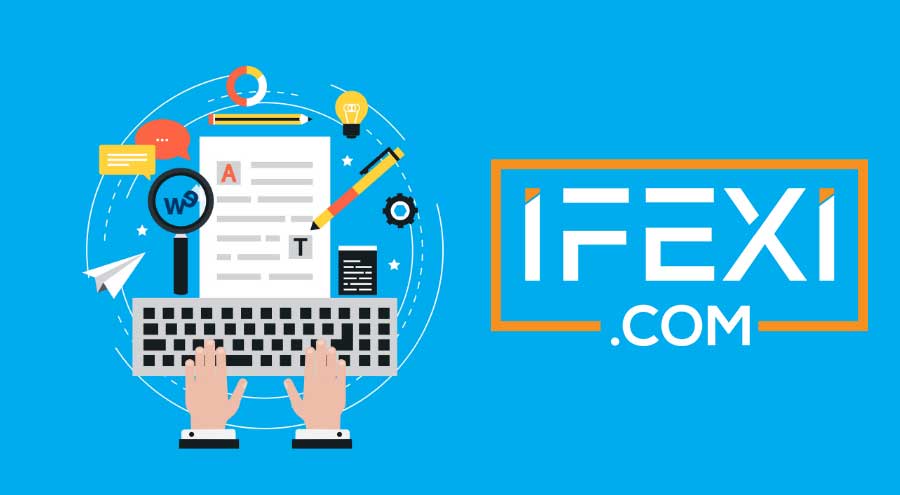Does Brushing Your Teeth Make Them Whiter?

All donations made through this platform will be used to provide food, clothing, and life support to children in need in Africa.
Everyone wants a sparkling white smile, but not everyone knows the best way to get one. Dingy gray or yellow stains happen naturally as we age. Other times eating and drinking common foods — like coffee, wine, or sweets — can stain teeth. Try out these toothbrushing techniques to help restore your bright smile. You can use these tooth-brushing techniques after eating too.
Understanding Tooth Discoloration
Dental professionals categorize tooth discoloration into two types: intrinsic and extrinsic stains. Intrinsic stains occur inside the tooth — within the enamel or the dentin beneath — and are caused by aging, genetic disorders, and other issues. On the other hand, extrinsic stains occur on the tooth's surface, usually from exposure to highly pigmented foods and beverages or tobacco.
How Does Brushing Your Teeth Make Them Whiter?
Removing intrinsic stains requires the use of bleaching agents, such as carbamide peroxide or hydrogen peroxide. However, you can reduce extrinsic surface stains through mechanical efforts — such as brushing your teeth.
Your enamel looks shiny and smooth, but it’s actually filled with tiny pores that are invisible to the naked eye. Color pigments from strongly colored foods, drinks, or tobacco smoke, for example, can become embedded in the pores of your enamel, leaving behind stains and discoloration. However, when you brush your teeth twice a day, these pigments are scrubbed away.
Stains can also set up home on your teeth via plaque. In the same way that this sticky substance attracts bacteria and food debris, it can also cling onto color pigments and take on their hue. Brushing twice a day is the number-one way to keep plaque at bay, keeping your teeth white in the process.
So that's how brushing can whiten your teeth. But to get the brightest results from your brushing habits, it’s important to have the right tools and techniques for the job…
Choose the Right Toothbrush
Did you know using the right toothbrush can help keep your teeth clean and white? The ADA recommends a soft-bristled toothbrush to gently clean and polish teeth without damaging your enamel or gums. Your brush should be small enough to fit comfortably in your mouth and move around so you can reach all your teeth with ease. Power toothbrushes can help improve your technique, allowing the brush to do most of the mechanical work for you.
Blogs
Oral Health for Seniors...
Good dental hygiene habits are important at any age, but you might face certain issues in your senior years when it comes to oral health. Luckily, your dentist and other medical...
Dental Care for Men and H...
What is HPV? Human Papilloma Virus (HPV) is the most common sexually transmitted infection in the United States. According to the National Foundation for Infectious Diseases, HP...
Dry Mouth At Night? Why Y...
It may not seem like a big deal that your mouth gets a little dry at night. But before you completely dismiss your symptoms and the discomfort that comes along with a dry mouth ...
When Should Babies Stop U...
Every child is different, so it might be hard to know when the right time is to begin weaning your baby from their beloved bottle. For many children and parents, it can be a dau...
What Is an Orthodontic Pa...
A binky is a needed source of comfort for many infants, but it's natural to want to know if using a pacifier is risky for your baby. Is thumb-sucking better? And what is an orth...
How to Get a Wedding Day ...
Your smile is one of the first things you'll notice in your wedding photos. Once your big day is on the calendar, follow this simple timeline to prepare, so your teeth can look ...

